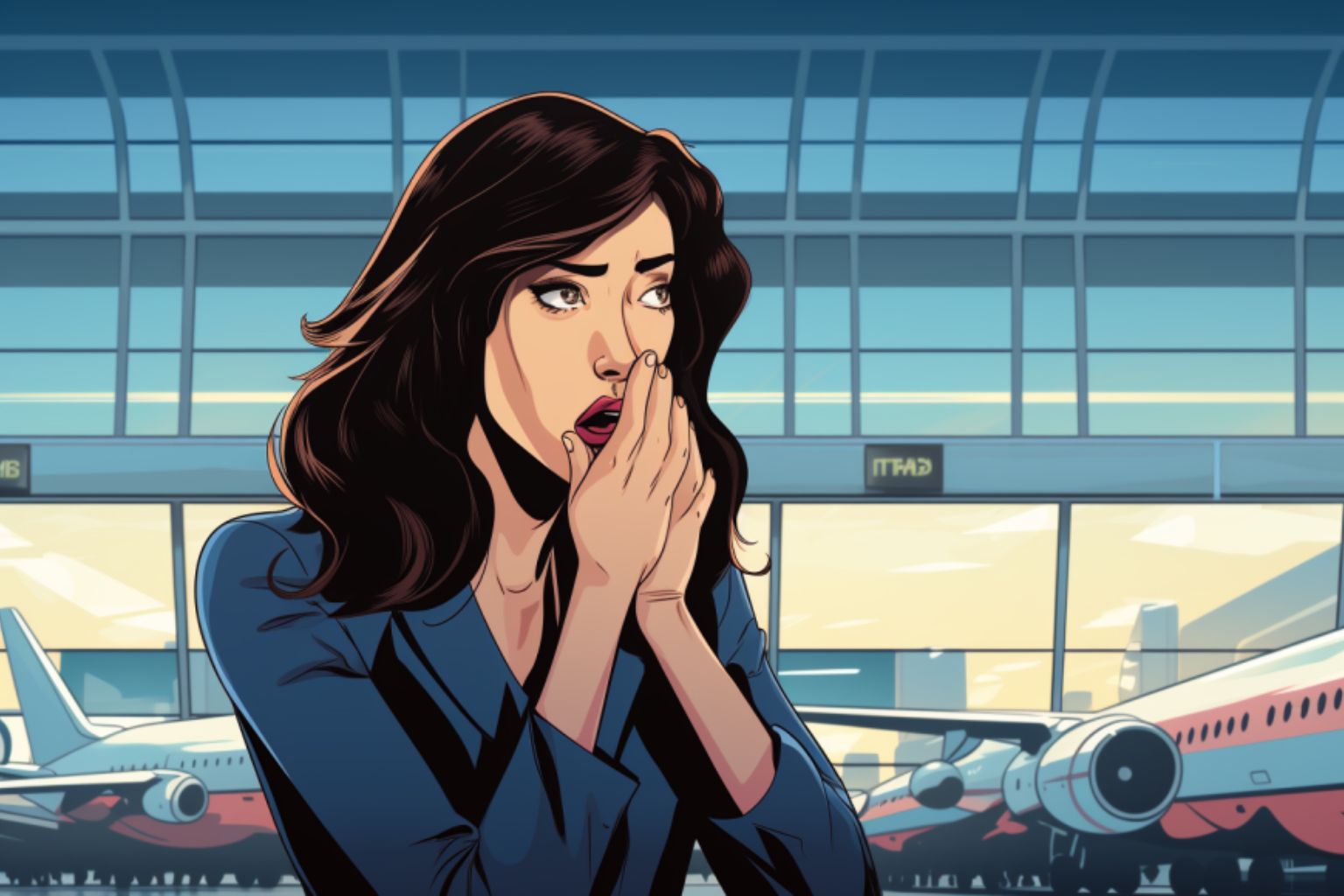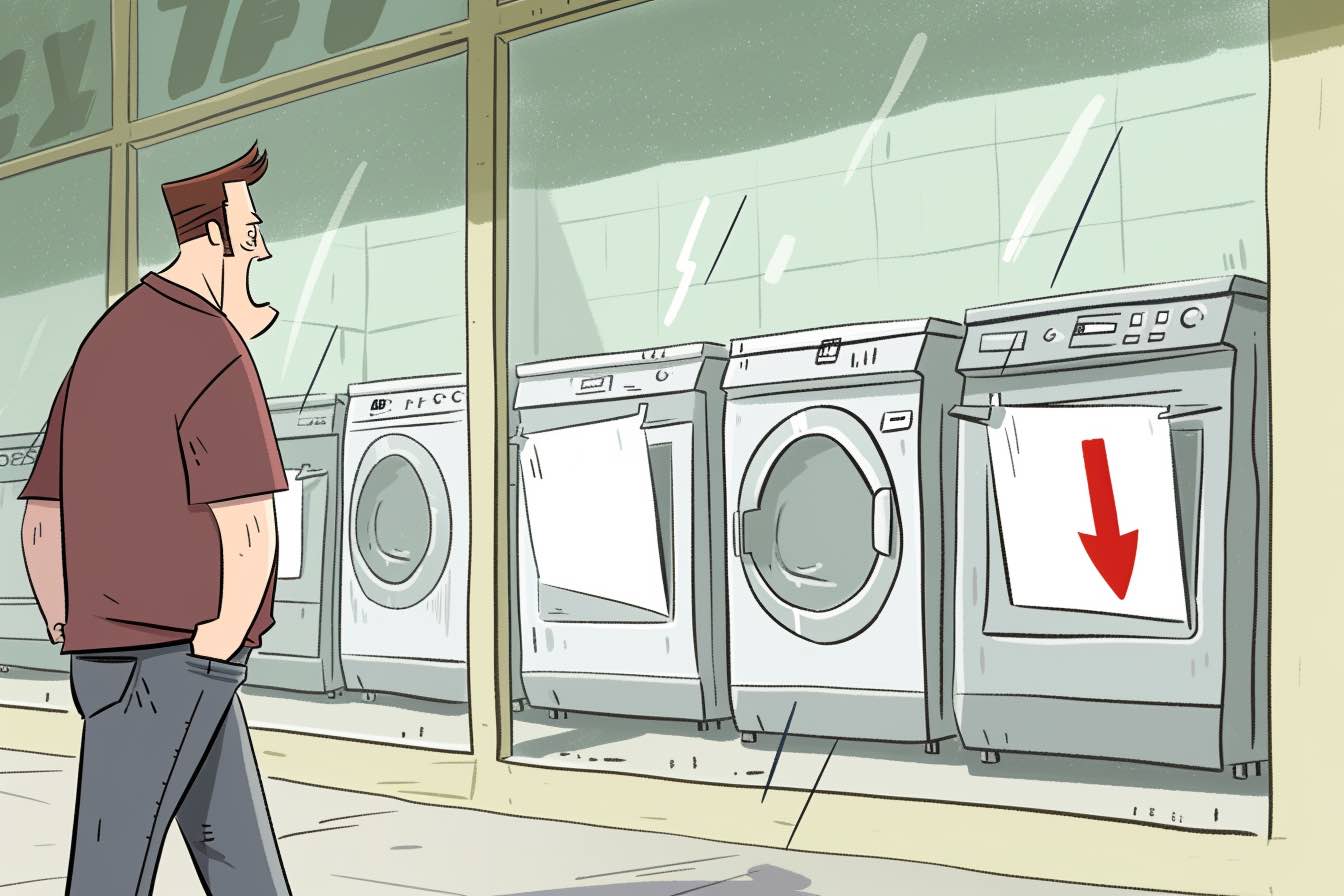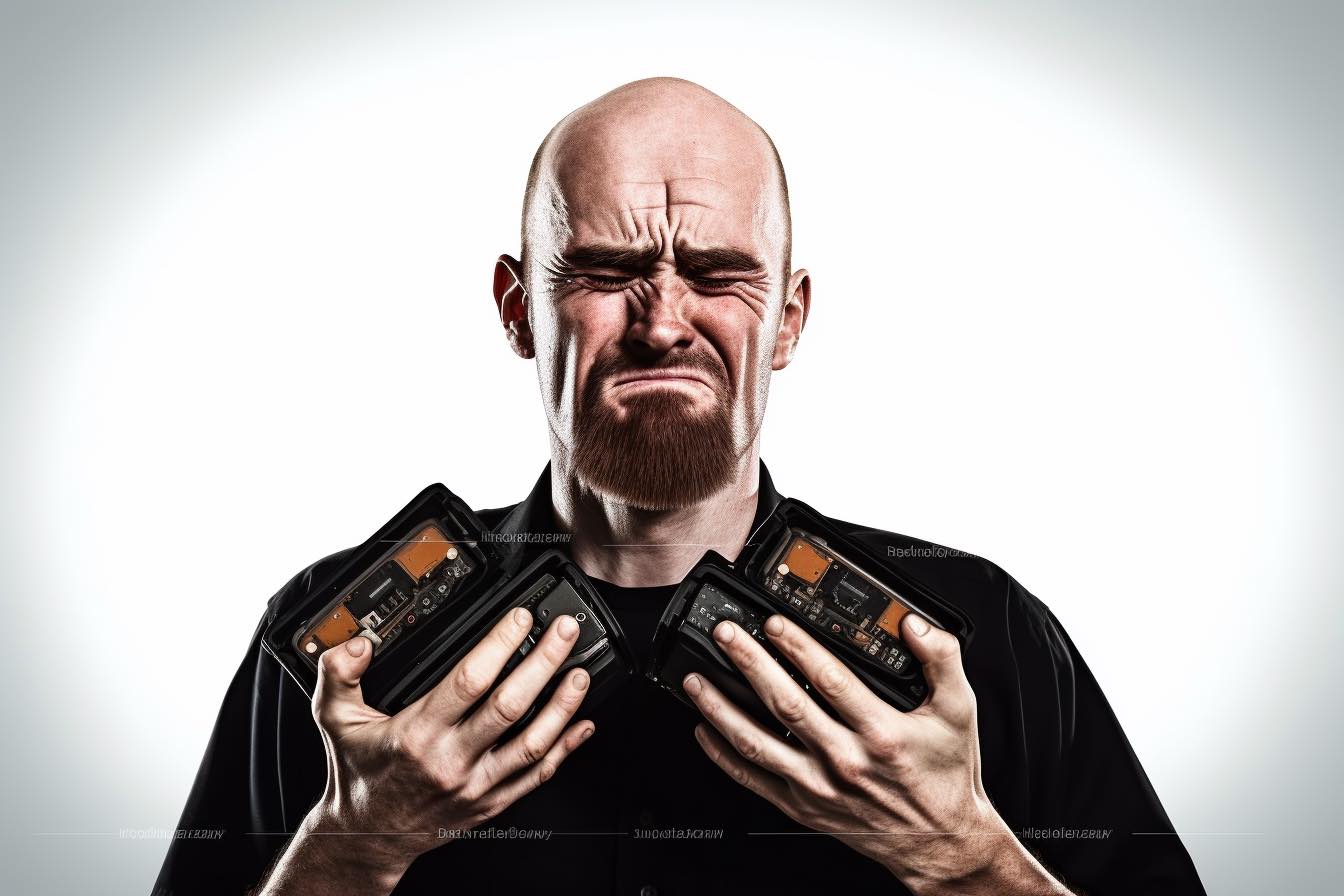“Gotcha” fees are everywhere, waiting for the right moment to pounce. Don’t believe me? Just ask Rich Grabowski, who recently tried to book an airline ticket for his Mediterranean cruise — a seemingly simple task.
But not really. The airline he chose, American, didn’t actually fly to Barcelona, but instead offered flights through a deceptive arrangement known as “codesharing.” That’s where an airline gets to pretend its flights are its own, but they actually belong to a different carrier.
And that someone else — the airline’s codesharing “partner” British Airways — had a little surprise for Grabowski and his wife: If they wanted to sit together, they’d have to shell out an extra $98 per ticket for his transatlantic flight. Or he could take his chances, and get a random seat assignment — the choice was entirely his.
Unveiling the hidden fees
“That’s a hidden fee,” he says. “It’s unearned money.”
Indeed, it is. Hidden airline fees are everywhere these days.
Hardest hit by fees like this are families with young children, who believe they have no choice but to pay up — or sit far away from their offspring. If it sounds like extortion to you, then you’re in good company. Sounds that way to me, too.
Government regulators take a dim view of these practices. They refer to this as “drip” pricing, or the process of a price increasing as you go through the purchase process. As a consumer advocate, I call it something else: bait and switch. A company baits you with a low price and then says, “Oh, you want a seat reservation with that — well, that’ll cost you extra.”
And to Grabowski’s point — does it really cost $98 for an airline to reserve your seat? Of course not! If it did, then they would have started charging for that “convenience” a long, long time ago. But they didn’t, because it makes sense that a confirmation would come with your airline seat.
So where, exactly, do the fees hide?
In plain view
Companies are awfully clever about their “restrictions” and they often don’t bother concealing them because they know customers don’t take the time to read. As a result, you can have full disclosure on the front page of a company’s website, and it won’t make any difference — customers will still feel surprised. Wireless carriers are notorious for this, and they feel so confident that they even allegedly bamboozle lawmakers. Are we that stupid? (Related: Hidden airline fees are everywhere.)
After the purchase begins
This is the classic bait-and-switch Grabowski encountered when he booked his airline tickets. Travel companies are notorious for engaging in “drip” pricing. If you’ve ever booked a room with a mandatory “resort” fee, then you know exactly what I’m talking about. The FTC recently cracked down on hotels which engage in these practices, but more needs to be done. If you find the price of your product rising after you start the booking process, pull out before you press the “buy” button. It’s the only way to send a message to companies that these practices won’t be tolerated. (Here’s the best way to buy an airline ticket.)
In the fine print
Traditionally, this is where most companies disclose their fees — hidden in tiny type at the bottom of a contract nobody reads. Look, even the best companies have some fine print, but it’s what’s in the print, and how it’s applied, that makes a difference. A customer-friendly company includes fine print in order to protect both the buyer and seller, which makes perfect sense. Truly customer-hostile companies like to add fine print to their contracts in order to earn more money from you, and they enforce the fine print ruthlessly. You’ve been duped when a cable company offers you a “free” service and then charges you $39 a month for it in the fine print. Want a refund? Sorry, that’s not allowed — check the fine print.
Whatever happened to Grabowski? He paid to sit next to his wife, but he wasn’t happy about it. After all, he’d booked seats in business class, which is supposed to include everything.
Well, almost everything.




